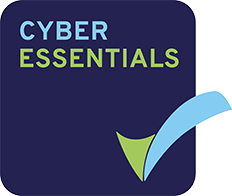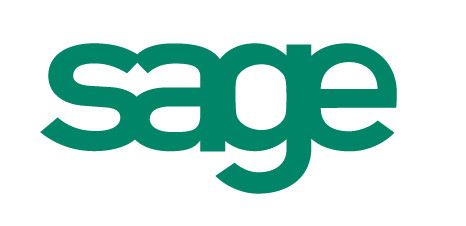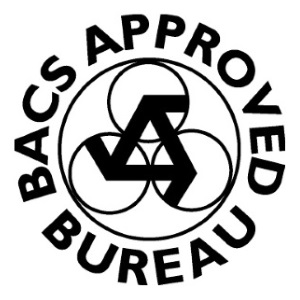MTD for VAT and petty cash
HMRC have published an updated version of their guidance for businesses on Making Tax Digital for VAT. In particular, the guidance now includes information on how businesses should deal with MTD for petty cash transactions.
Petty cash is traditionally a small amount of cash on hand that covers day to day expenses of a business, such as buying a pint of milk. In some businesses it can be used to describe costs that are not attributable to an individual account in their records. Requiring businesses to record each of these transactions in digital records could be an unreasonable administrative burden for businesses. Therefore, HMRC will accept that a number of petty cash transactions can be recorded as a single purchase in the MTD digital records of the business, subject to a monetary limit.
HMRC confirm that the following rule has the force of law:
Where a business uses petty cash to pay for small value items, these do not need to be individually recorded in the digital records. The business can record the total value and the total input tax allowable. This applies to individual purchases with a VAT-inclusive value below £50 and the total value of petty cash transactions recorded in this way cannot exceed a VAT-inclusive value of £500 per entry.
Regarding other areas, HMRC guidance on the turnover test, following the rules when you’re exempt, digital links, supplies made by third party agents and supplies received has been updated, and new guidance on the use of supplier statements and charity fundraising events has been added.
The guidance can be found on the GOV.uk website at https://www.gov.uk/government/publications/vat-notice-70022-making-tax-digital-for-vat.
You should always seek advice about your specific requirements before you act. Speak to one of our experts on 0161 476 9000 or contact us here.












